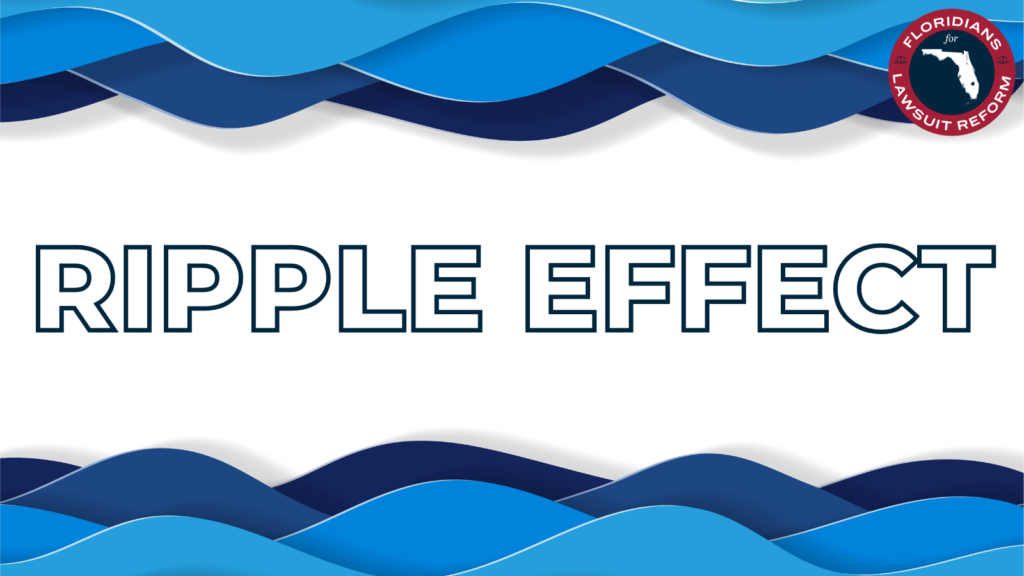
September 01, 2022 at 5:59 pm EDT
ORLANDO, Fla. — When Nick Helyer and his wife decided to become landlords, the plan was to build for retirement. Now, after more than 20 years of owning rental homes in central Florida, Helyer is facing a pair of headwinds, rising insurance costs and rising taxes.
“We’re getting pounded by raised property taxes and raised insurance,” says Nick. “Insurance has ranged from 50 percent increase to 100 percent increase in a single year.”
These rising costs mean rent must increase as well.
“We are very open with our tenants and tell them in detail why there is an increase and I think that helps,” says Nick.
While an explanation may help soften the blow, it doesn’t bring down the price.
For landlords across the state, the collapsing property insurance market has driven up prices.
In February, United Property and Casualty announced it would stop writing policies for landlords, 5-months later Progressive and Bankers Insurance did the same, discontinuing policies including DP-3 policies, commonly used by property owners.
“Florida homeowners are paying the highest rates in the nation,” says Mark Friedlander of the Insurance Information Institute. “The escalation of Florida’s insurance crisis is increasing, we’re seeing more volatility in the market today than we have in the last two years, and the situation is deteriorating quickly.”
Last month, Citizens Property Insurance, the state-backed insurer of last resort eclipsed 1-million policies. Today it has over 1,020,000 policies, adding another 7,000 in the last week.
“Citizens is supposed to be a backstop, not a place homeowners turn to because they can’t find coverage elsewhere,” says Mark.
Meanwhile, increased value for land and homes is also driving up property taxes, with landlords absorbing some of that cost as well, but passing part along.
“I think there is a misconception that landlords make lots and lots of money, but we’re working on margins of about four to eight percent, so when we get hikes for things like this that we are not anticipating, we do have to pass it on,” says Nick.
